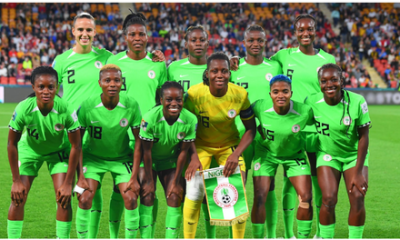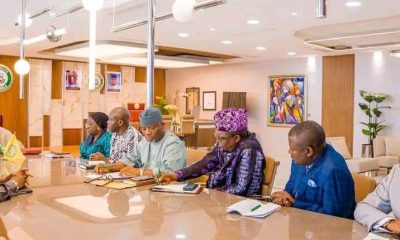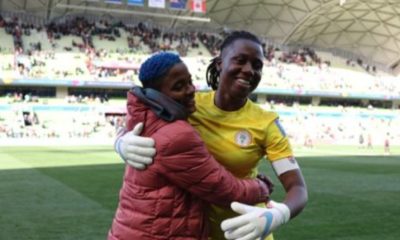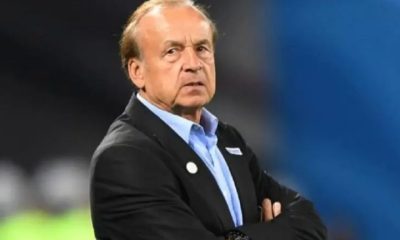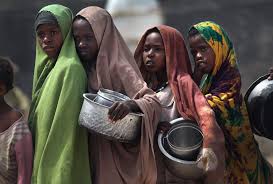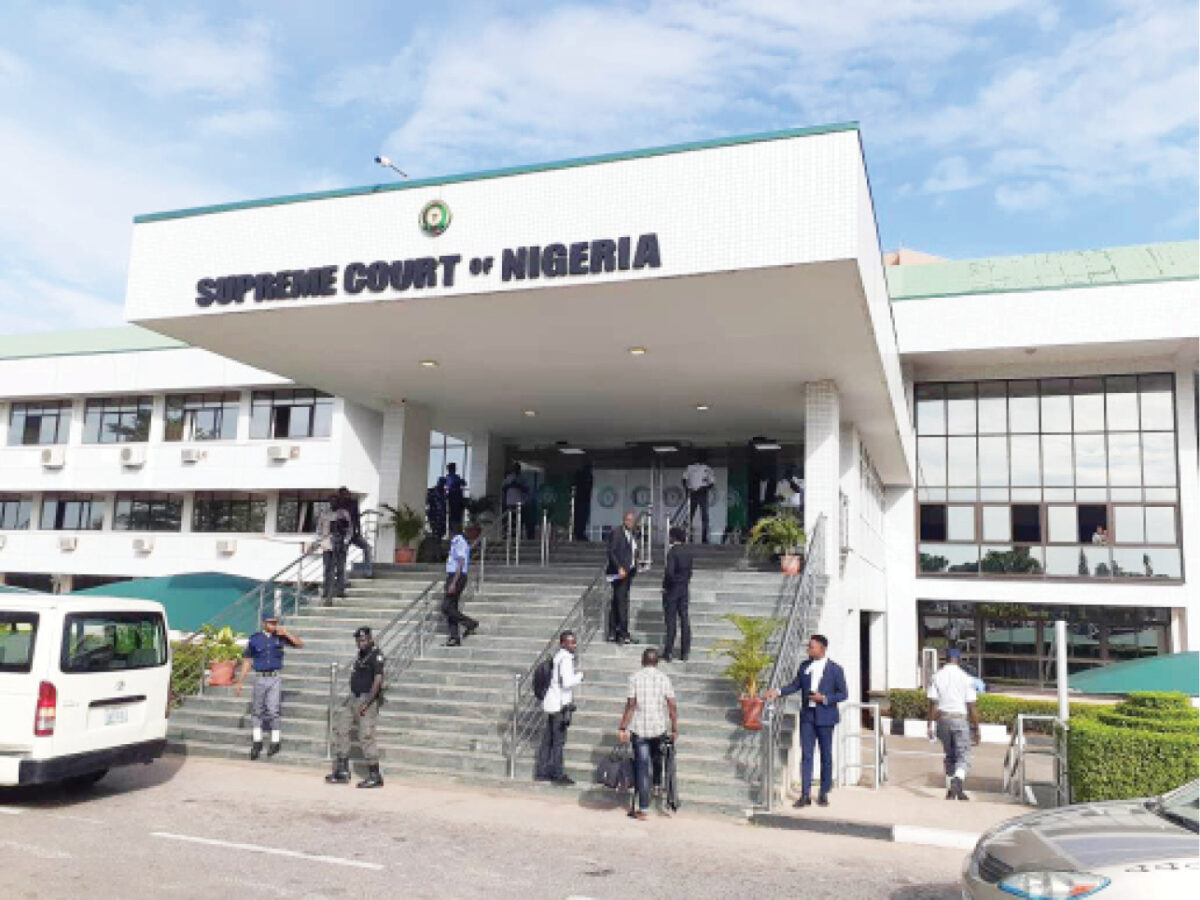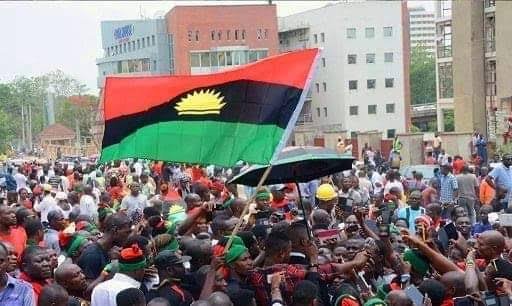News
US Supreme Court denies citizens the right to bring non-citizen spouse

News
71% of households affected by food price hike – NBS
News
Supreme Court nullifies National Lottery Act
News
How DSS arrested fake NGO leader
News
IPOB disowns Simon Ekpa
News
NEC sets up National Electrification Committee to end grid collapse
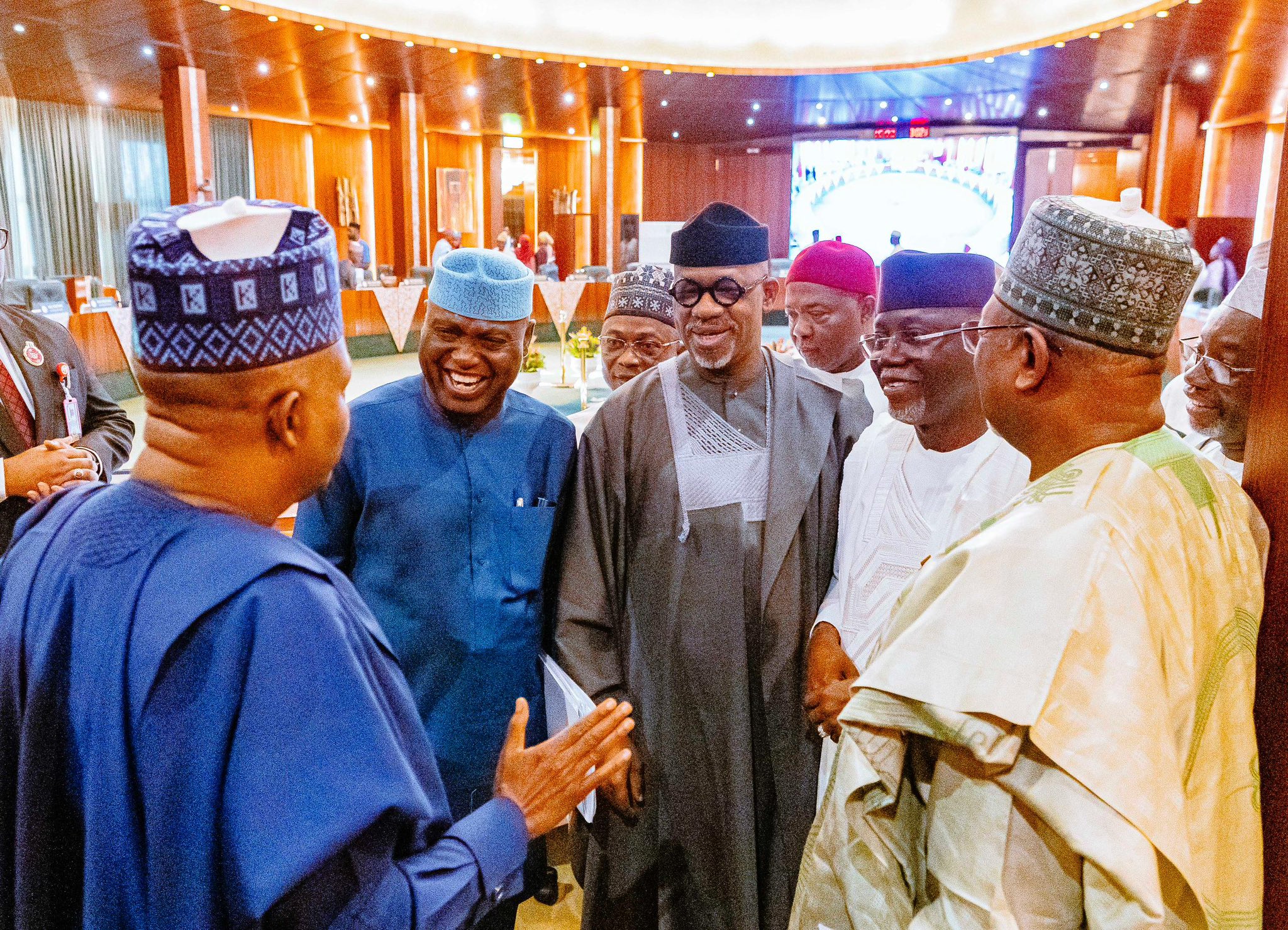
National
Delta approves N713m for 2024 students bursary payment — Official
-
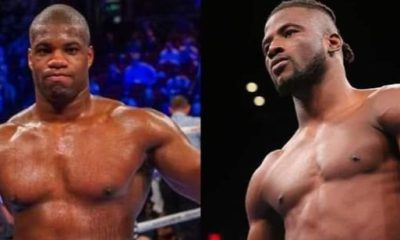
 News21 hours ago
News21 hours agoEfe Ajagba Poised to Challenge Daniel Dubois for IBF Heavyweight Title
-
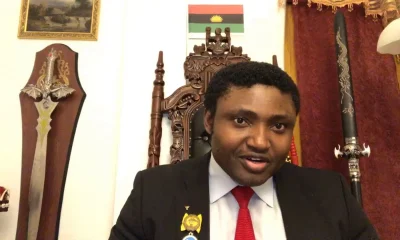
 News18 hours ago
News18 hours agoSimon Ekpa to be extradited to Nigeria – Defence
-
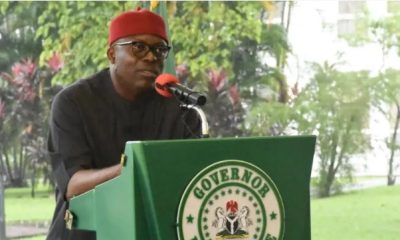
 News21 hours ago
News21 hours agoFederal High Court Adjourns Labour Party’s Suit on Rivers Lawmakers’ Defection to January 2025
-
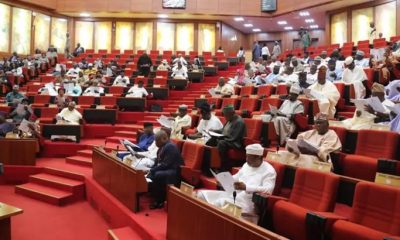
 National24 hours ago
National24 hours agoReps reject bill seeking six-year single tenure for president, governors
-

 News20 hours ago
News20 hours agoHP Wolf Security Launches Advanced Physical Cyberattack Protection for Business Introducing HP Enterprise Security
-
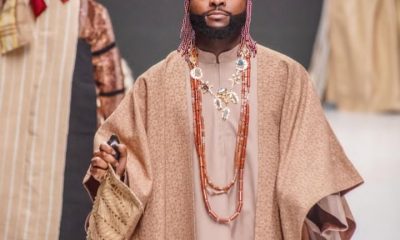
 Entertainment17 hours ago
Entertainment17 hours agoDavido Reflects on Life as He Turns 32: “My Eyes Don See Shege”
-

 Business18 hours ago
Business18 hours agoFG, World Bank to provide jobs for 10 million youths in 5 years
-
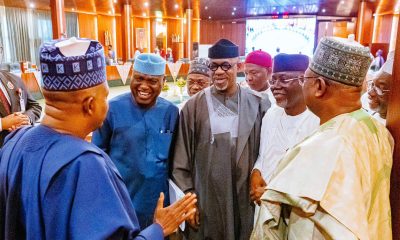
 News4 hours ago
News4 hours agoNEC sets up National Electrification Committee to end grid collapse
-
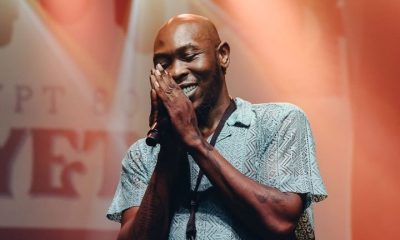
 Entertainment17 hours ago
Entertainment17 hours agoAfrican Music Takes Over Coachella 2025: Seun Kuti, Remain and More to Perform
-

 Entertainment5 hours ago
Entertainment5 hours ago12 Secret Santa Gifts That Could Get You Fired




